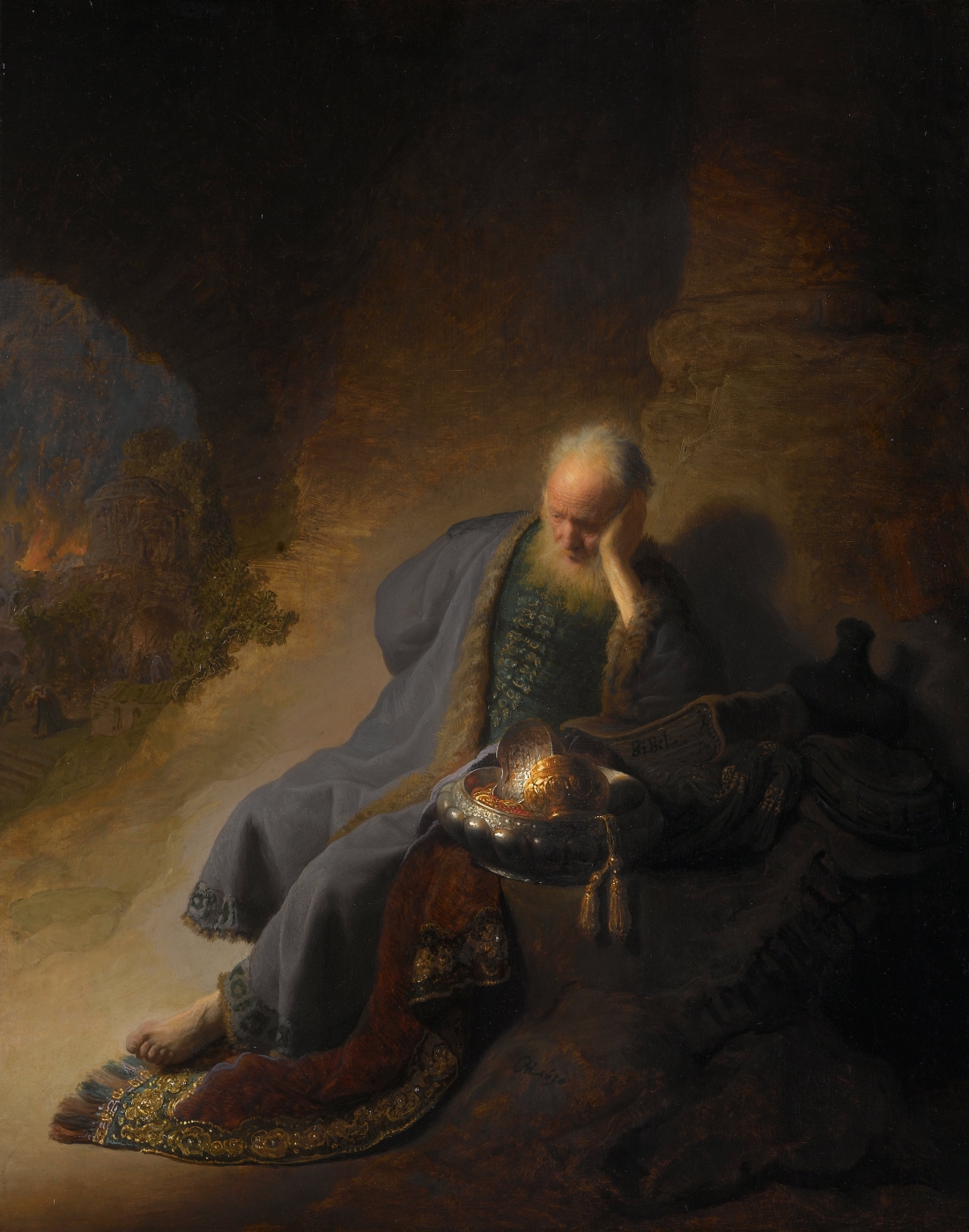In the last post we talked about the theme of shepherds in Jeremiah. This sets up for a drama in Jeremiah 38–39: Zedekiah, the last king of Judah, is their shepherd. How will he fare when Nebuchadnezzar conquers Jerusalem?
Continue reading “Jeremiah’s Failed Messiah”Category: Jeremiah
Good Shepherds and Bad Shepherds: Jeremiah and John 10
In the Old Testament, one of the most common imageries for a leader or king is that of a shepherd. Kings and their people are viewed like shepherds and their flock; defenseless nations are like sheep without a shepherd. Jeremiah uses this imagery frequently, more so than any other of the prophets. Jeremiah’s use of the shepherd king is an easy way to come to understand the Old Testament concept of the shepherd king.
Continue reading “Good Shepherds and Bad Shepherds: Jeremiah and John 10”Concerning the Fear of Man, Part VI: Jeremiah 17:1-10
You thought I’d forgotten this series didn’t you! But I don’t quit that easily. You can find the rest of the series I am slowly putting together in a delinquent and disorganized manner by clicking on the “Fear of Man Series” tag on this post. One day it may stand complete. Continue reading “Concerning the Fear of Man, Part VI: Jeremiah 17:1-10”
Perverting the Means of Grace
Here is one of the largest issues in the Christian life: How do you handle your personal sin? Or in one particular, how do you react when you fall? Do we attempt to make up for sin by subsequent good actions, for example Bible reading and confessional prayer? While it is quite clear that these actions do follow from a mourning of sin (1 John 1:9 essentially commands the believer to confess sins to God), in my mind I can confuse these actions as somehow atoning for my sin, somehow erasing and balancing out my past actions, somehow zeroing out debt owed to God. It is exactly this trap that the people of Judah fell into during the last years before the Babylonian captivity. Let us consider the historical record. Continue reading “Perverting the Means of Grace”

